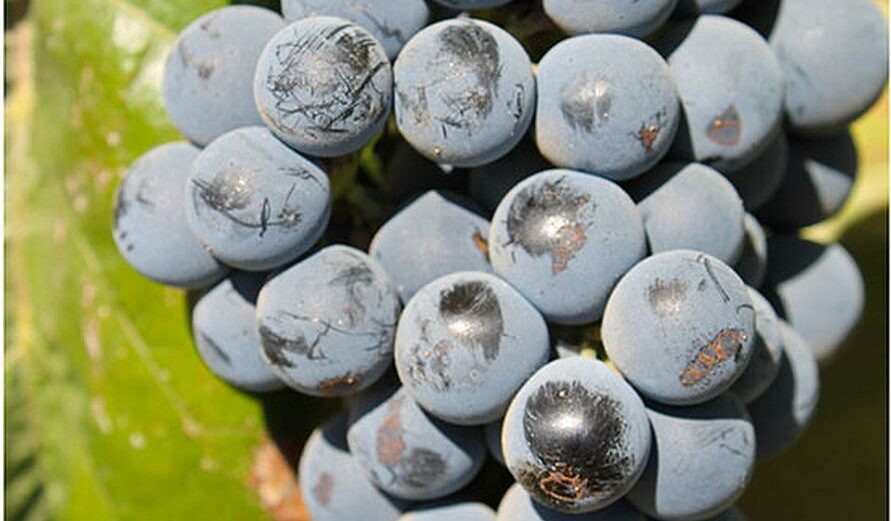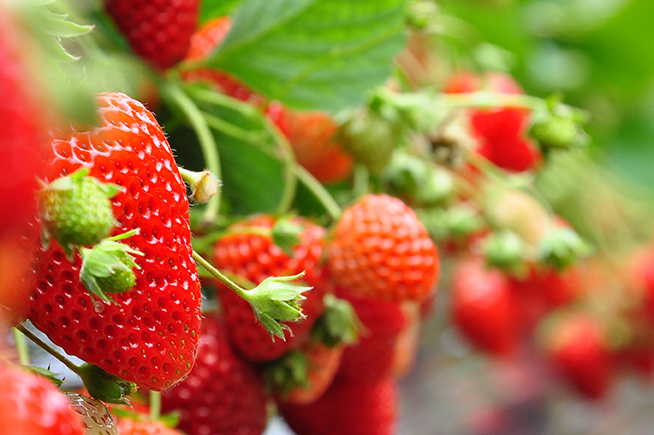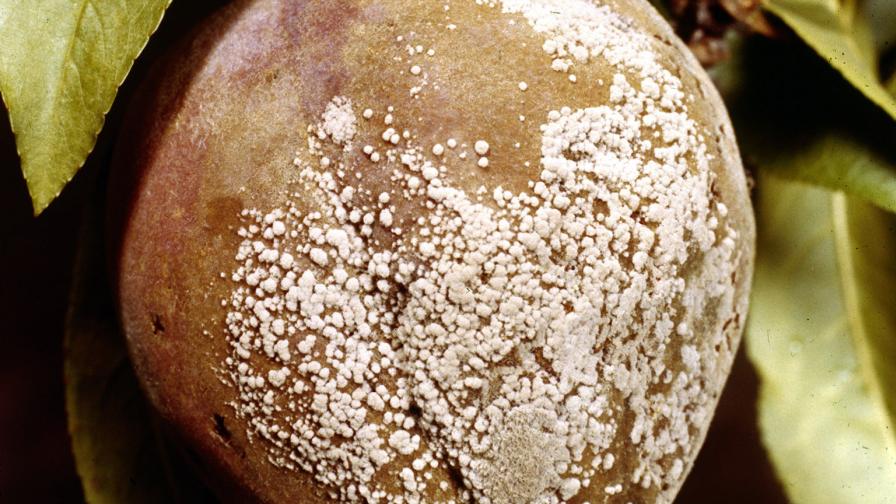Growing Organic Produce Profitably Requires a New Tack
It’s critical for growers to understand that organic farming requires a mindset that differs from conventional farming. Suppliers of organic products say the sooner growers realize that, the better.
“Organics will not perform exactly like traditional pesticides and conventional fertilizers,” Ted Koellmann, Far West Regional Sales Manager, Hello Nature USA, Inc., says. “Often, it will take time to restore the natural balance of beneficial organisms in the soil. But if a grower is willing to be patient, and give the process the required time, organic growers can generate fruit yield and quality that rivals and exceeds traditional methods of production — and in the long run costless money.”
Koellmann says that realization has taken hold in the industry in part because so many large, conventional growers have begun farming organically in a big way in recent years.
“Historically, the perception in the grower community was that organics were more costly per acre and will produce fruit of lower quality and less yield,” he says. “Large organic growers, as they refine their production methods and learn more about sustainable practices, are learning that they can save money on production costs, as well as increase yield/quality, while achieving a higher price point for their fruit.”
Luke Hammond, Small Farm Specialist, AgriGro, agrees a change in mindset is necessary for success.
“Organic practices should not be the simple task of switching bottles and looking for a proper label on the bottle that fits a government standard,” he says. “Organic growing shouldn’t be farming in the exact same way as conventional farming while creating the proper paper trail of certification.”

There has been an increase in the use of low active-ingredient coppers for control of powdery mildew in grapes, such as this bunch of ‘Alicante’.
Photo by David Eddy
ACT, DON’T REACT
Too often organic farmers get caught in thinking too reactively because they do not have the same firepower and arsenal of chemicals as conventional farmers, Hammond says. Many organic growers are treating for insects after it is too late and an infestation has taken place, or trying to do “recovery weeding rather than cultivation.”
Organic growers need to focus on the soil, Hammond says. Saving money on soil inputs is absolutely not the way to go, as you have to be thinking about providing a sound foundation for your crops.
“When organic growers do this, we are robbing our future crops. All growers need to be thinking proactively in investing in the future of our soils,” he says. “If we are not developing microbes and organic matter, then we are not farming. We are mining. Cover crops, smart management, soil-developing inputs, and carbon sequestration are all vital areas of true organic management.”
However, that’s not to say all organic products necessarily take more time, as their effectiveness is improving all the time, Magna-Bon President Frank Miele says. He notes there has been an increase in the use of low active-ingredient (A.I.) coppers for control of powdery mildew in grapes.
“Not only do they perform extremely well, but research has shown a buildup of copper in the soil reduces yields, but by using low A.I. coppers, toxicity is greatly reduced,” he says.
EFFICACY INCREASES
Miele says a similar story can be told about apple growers desperately seeking a treatment for worsening fire blight. Growers are spraying low A.I. copper materials for fire blight after harvest for prevention the following year.
“The combination of biologicals and standard farming practices have created synergies the past several years to create outstanding results in research trials,” he says.
Brett Cranston, Sales Manager for the Pacific Northwest, Kemin Crop Technologies, agrees the improvements in biocontrols are really changing the landscape.
“Organic pesticides are getting to a point where they start to compete with their synthetic counterparts in terms of price and efficacy. There are so many diversified, organically grown crops being produced, so it’s more important to look for information on the pest you are targeting (i.e., spider mites, eriophyid mites, aphids, etc.) rather than information on your specific crop in your particular location,” he says. “A spider mite is a spider mite, whether it is in California, Washington, or Florida. With that in mind, don’t hesitate to reach out to the product rep, not just your crop consultant or PCA, for additional guidance on the best use for the pesticides you are working with, especially if the product is a new one for you.”









